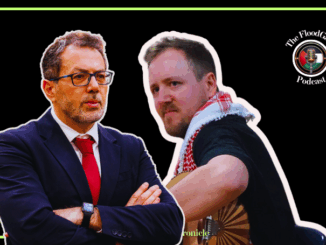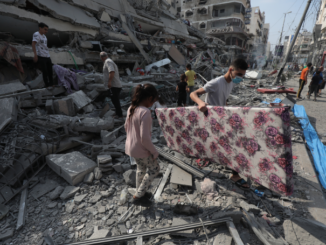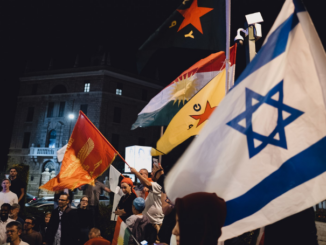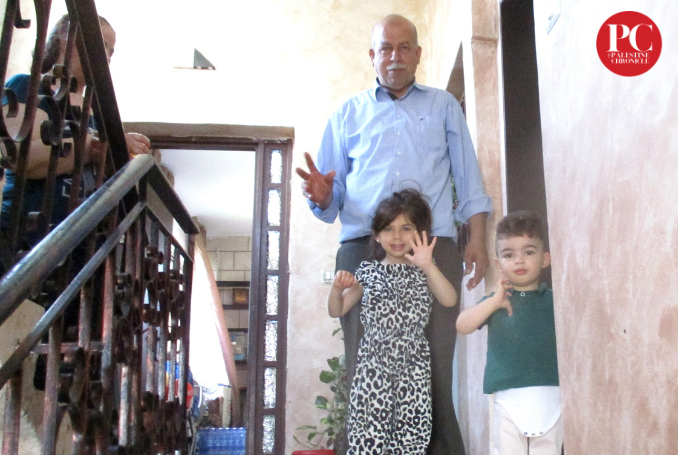
Mohammed was a 16-year-old Palestinian boy, who was kidnapped on the morning of July 2, 2014, by illegal Israeli Jewish settlers, in East Jerusalem.
On the anniversary of Mohammed Abu Khdeir’s murder, I returned to visit his parents in their house, in the Occupied East Jerusalem neighborhood of Shuafat.
Mohammed was a 16-year-old Palestinian boy, who was kidnapped on the morning of July 2, 2014, by illegal Israeli Jewish settlers, in East Jerusalem.
A few hours later, a charred body was found at the illegal settlement of Givat Shaul, in the Jerusalem Forest.
Mohammed had been beaten and burnt alive.
Humble Memorial
Soon after Mohammed’s murder, his parents laid down a small memorial stone, surrounded by flowers.
A few months later, in September 2014, the Israeli police threatened to destroy the memorial.
For the Palestinian family, maintaining the humble memorial was a daily struggle.
The passage of time made the stone less brilliant and the inscription less legible.
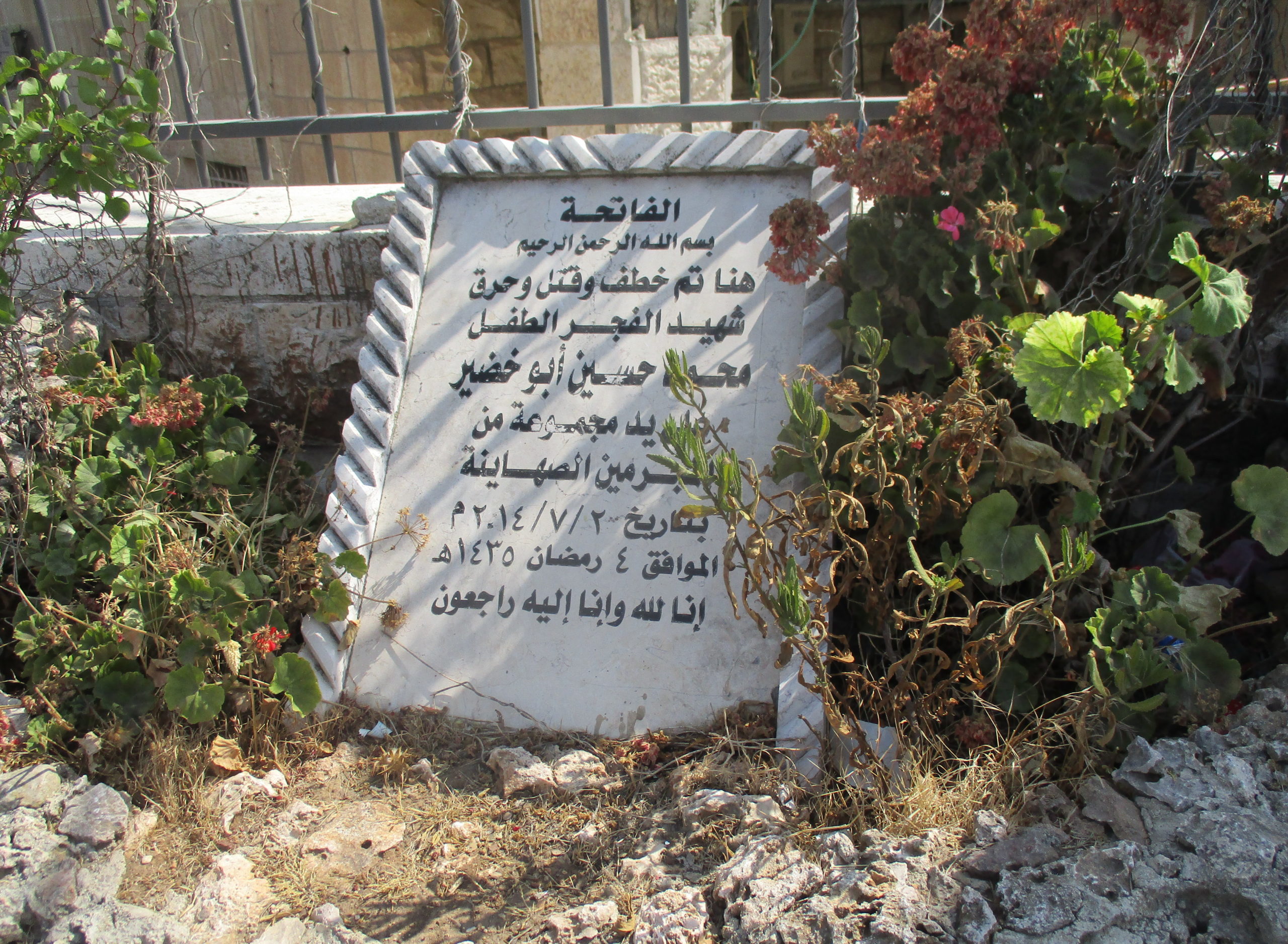
“It’s been nine years already; can you believe it?” Mohammed’s father, Hussein Abu Khdeir, said, again and again.
It seems that the bereaved father himself still cannot believe it either or had not yet come to terms with his great loss.
We sat together in the living room, which has been turned into a memorial hall for Mohammed, whose presence is still felt throughout the house.
‘Sea of Grief’
We spoke about many topics, lead among them is Israeli racism, which aims at the erasure of the Palestinian people.
We spoke about Palestinian prisoner Khader Adnan, who died last May after 87 days of hunger strike.
Adnan had visited Mohammed’s family two years ago.
We also spoke about Walid Daqqa, who is still being held in an Israeli prison despite being a cancer patient.
Mohammed’s father confessed that, for four months after his son’s death, he lived in a state of unconsciousness, and that he has no memories of that time.
The words of Italian writer and Holocaust survivor Primo Levi came to my mind: “The sea of grief has no shores, no bottom; no one can sound its depths”.
I thought to myself even though time had changed the memorial stone, it did not erase Mohammed’s parents’ pain.
The fire that murdered their teenage son still burns in their hearts.
(Translated by Tal Haran; Edited by Palestine Chronicle Staff)
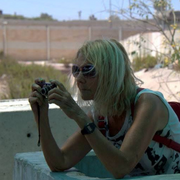
– As a member of Machsomwatch, Tamar Fleishman documents events at Israeli military checkpoints between Jerusalem and Ramallah. Her reports, photos and videos can be found on the organization’s website: www.machsomwatch.org. She is also a member of the ‘Coalition of Women for Peace’ and a volunteer in ‘Breaking the Silence’. Tamar Fleishman is The Palestine Chronicle correspondent at the Qalandiya checkpoint.

